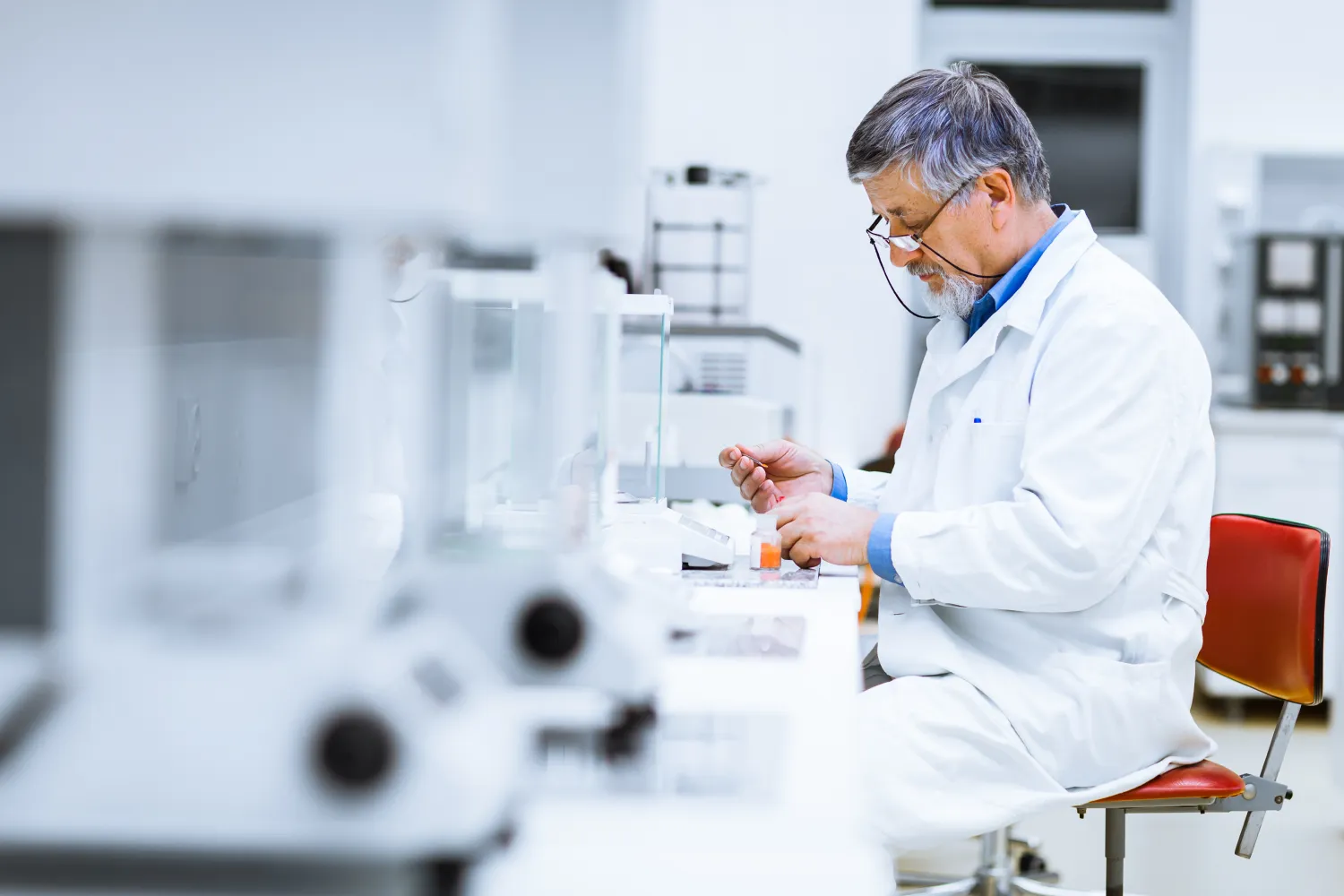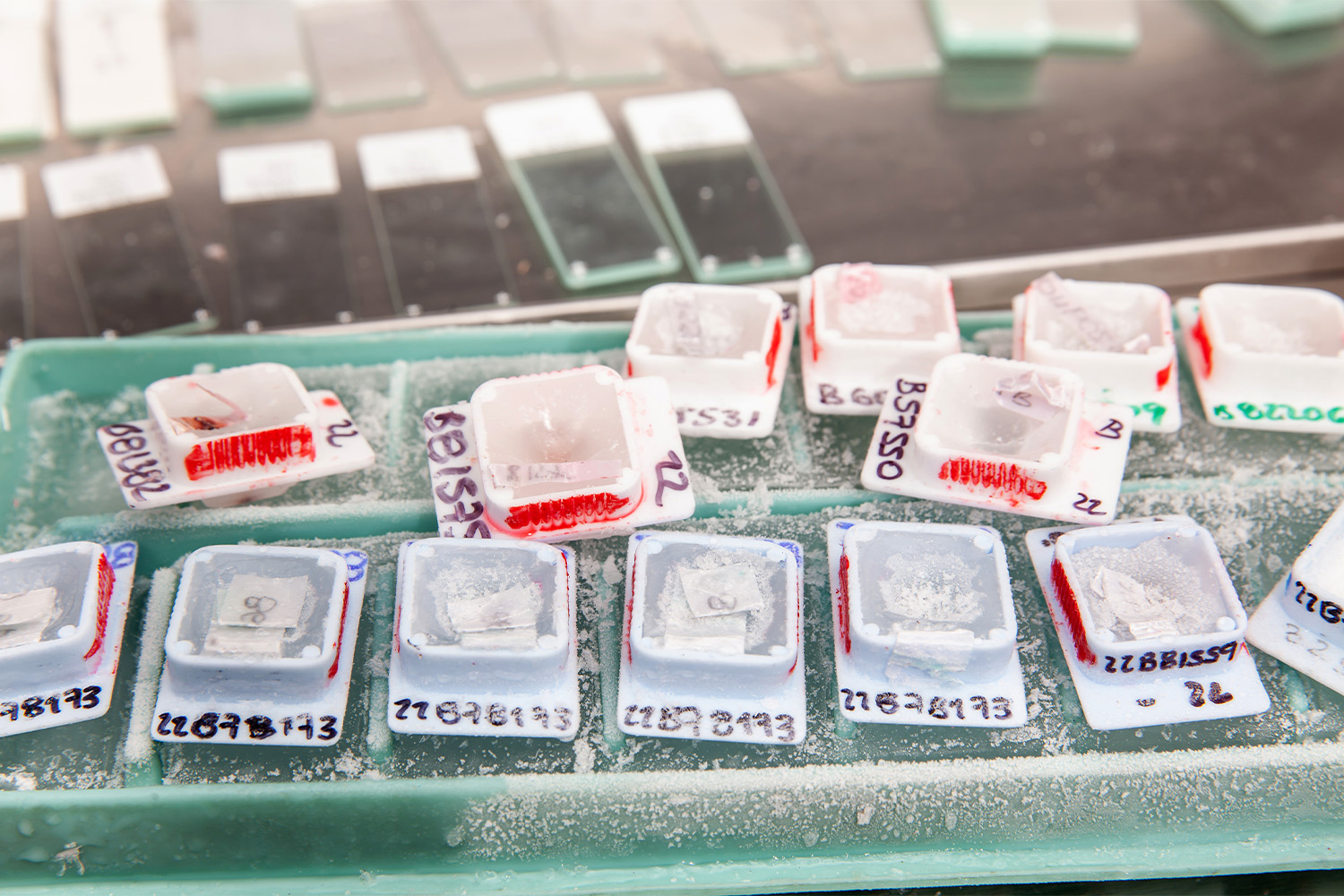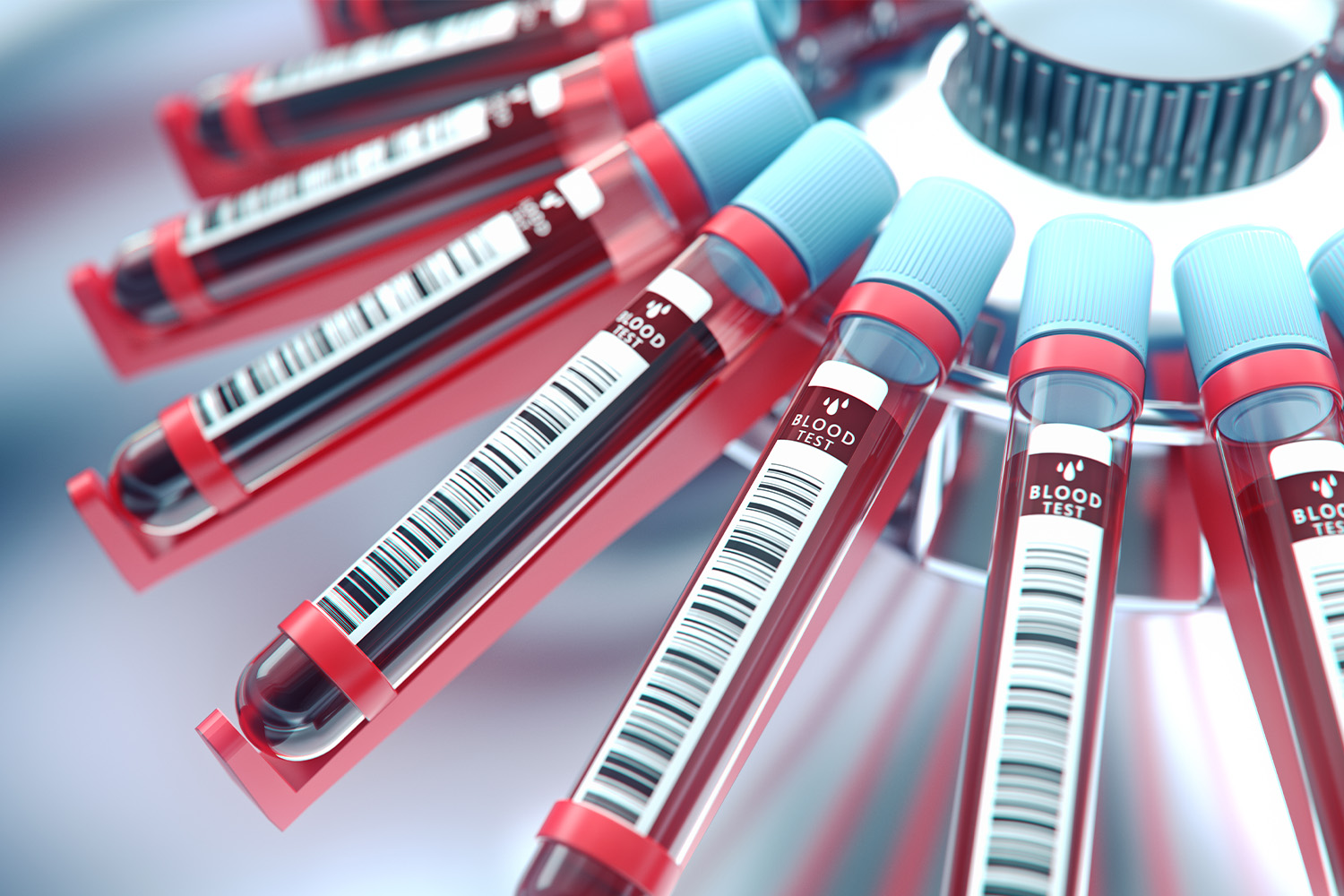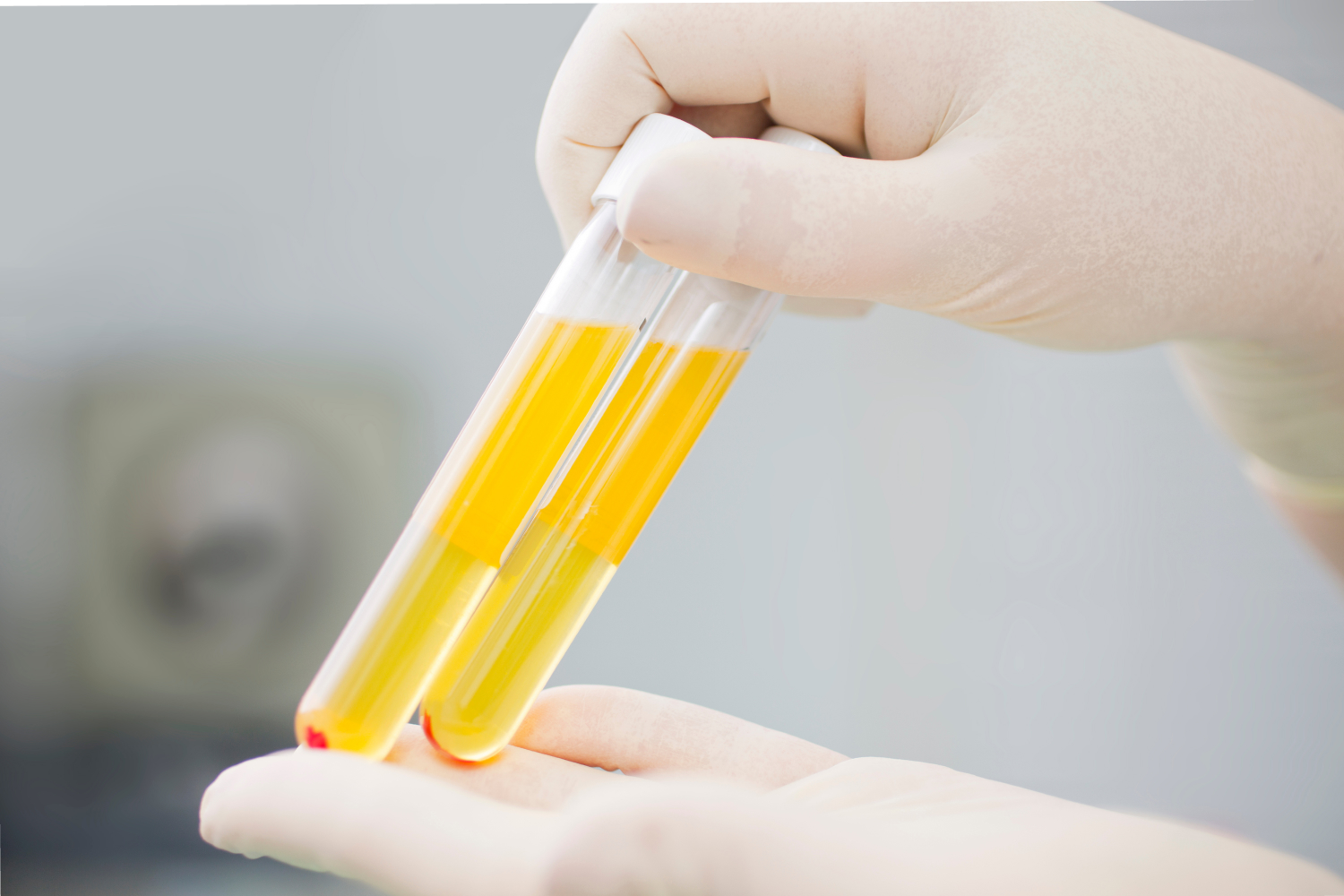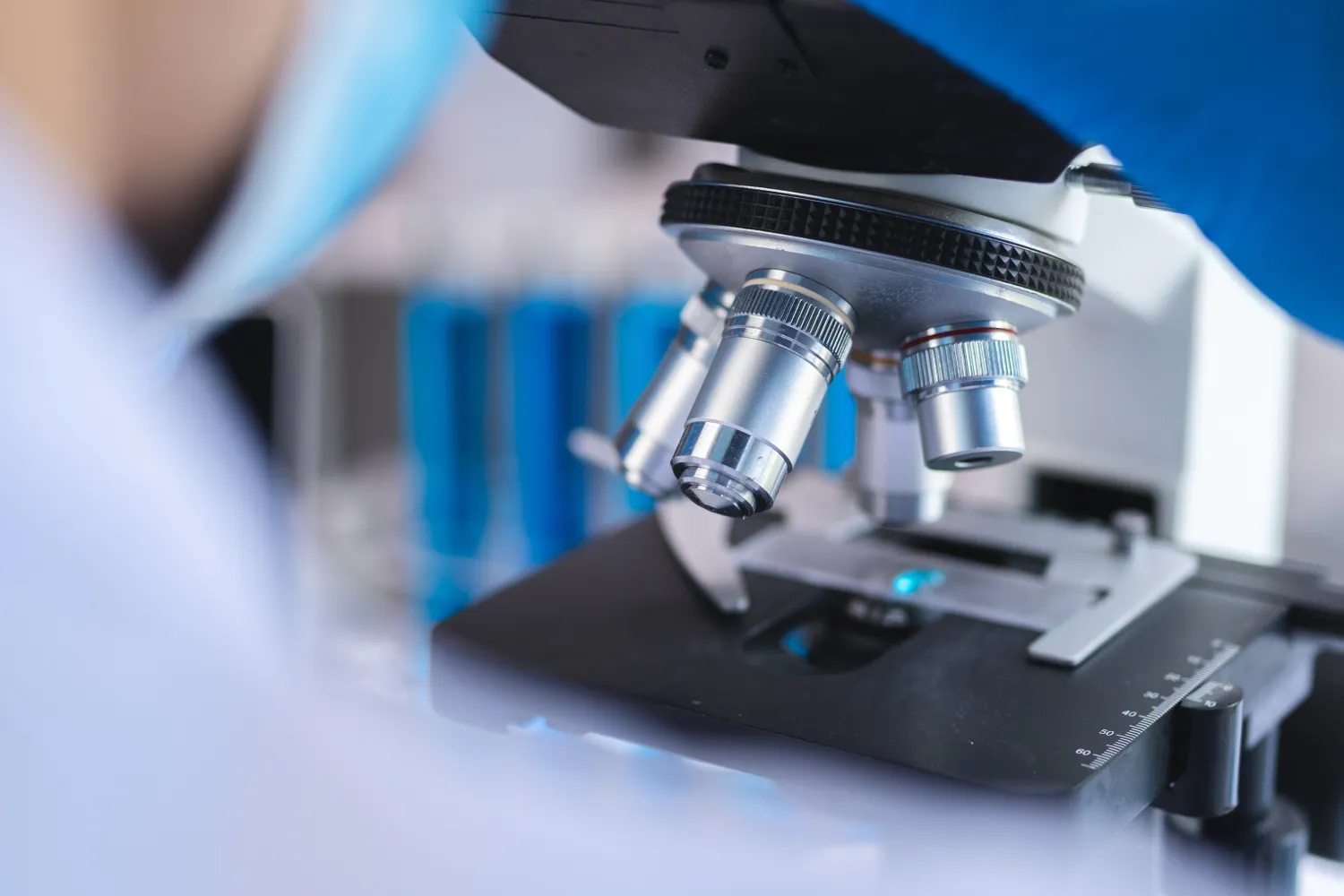Implemented by the Centers for Medicare & Medicaid Services (CMS), in partnership with the CDC and FDA, the Clinical Laboratory Improvement Amendments (CLIA) encompasses approximately 320,000 laboratory entities across the country.
In order to maintain compliance, laboratories must be certified by CMS, adhering to strict standards and guidelines that govern all aspects of laboratory testing, from collection and handling of specimens to reporting and interpretation of results.
CLIA seeks to promote and ensure quality laboratory testing by setting minimum requirements for laboratory personnel qualifications, quality control, quality assurance, and proficiency testing. These regulations aim to promote a culture of continuous improvement and reduce errors in clinical laboratories, ultimately supporting better patient care and outcomes.
Why Is CLIA Certification Important for Laboratory Testing?
The CLIA regulations, established in 1988, were designed to ensure the quality and accuracy of laboratory testing performed on human specimens in the United States. These regulations apply to all facilities and sites that conduct tests for health assessment, diagnosis, prevention, or treatment of diseases.
The purpose of CLIA is to improve the overall quality of clinical laboratory services and protect patients from inaccurate or unreliable test results. Another primary goal of CLIA is to guarantee the reliability and timeliness of patient test results, regardless of the testing location.
To accomplish these goals, the Division of Clinical Laboratory Improvement & Quality within the Center for Clinical Standards and Quality oversees the implementation and regulation of the CLIA program.
Certification under CLIA not only validates a laboratory’s adherence to quality standards but also serves to maintain public confidence in the quality of the testing services provided. Labs with CLIA certification undergo regular inspections and are held accountable for meeting regulatory requirements, thereby ensuring the continuous improvement of testing processes and protocols.
CLIA-certified laboratories are divided into categories based on the complexity of the tests they perform: waived, moderate complexity, and high complexity. The certification process for each category involves different requirements, such as personnel qualifications, quality control procedures, and proficiency testing, ensuring that each laboratory meets the applicable standards.
Ensuring Accurate and Reliable Test Results for Patient Safety
Researchers rely on accurate and reliable test results for patient safety, and laboratories need to adhere to stringent CLIA quality standards for optimal results when testing human specimens.
One part of the CLIA regulations focuses on the prompt reporting of critical laboratory test results. This rapid communication helps healthcare providers quickly identify and address critical conditions, which may help improve patient outcomes.
To enhance result reliability, laboratories must participate in proficiency testing (PT) programs. These programs help verify the lab’s testing accuracy and require labs to perform tests as they normally would on patient specimens.
Another measure for obtaining accurate results lies in laboratory quality assurance policies.
CLIA-regulated labs are expected to:
- Establish and maintain a comprehensive quality assurance program covering pre-analytical, analytical, and post-analytical processes
- Ensure the timely identification and resolution of issues that may affect test results or lab operations
- Assure the adequacy and competency of the staff.
Through these quality assurance policies, laboratories can maintain a high level of performance and provide accurate, reliable test results for health assessment, disease diagnosis, prevention, and treatment.
Regulatory Compliance: Meeting Federal and State Requirements
Facilities that test human specimens for health assessment, diagnosis, prevention, or treatment of diseases must adhere to the federal standards established by CLIA.
Maintaining regulatory compliance under CLIA involves getting a laboratory certification from the CMS. State Agencies (SAs) are responsible for the oversight of laboratories and the maintenance of their certification records, including processing applications, renewals, and updates.
For proper compliance with CLIA regulations, laboratories must adhere to several requirements.
Key standards include:
- Maintaining proper personnel credentials and training records
- Implementing an effective Quality Assurance (QA) program
- Performing regular Quality Control (QC) measures
- Participating in an approved PT program
- Following proper calibration and maintenance procedures for equipment
Failing to comply with these requirements may result in sanctions, penalties, or even suspension of the laboratory’s CLIA certificate. To prevent this, organizations should regularly monitor and assess laboratory operations and procedures to adhere to the CLIA standards.
It is also essential to stay informed about any changes in CLIA regulations and adjust laboratory practices accordingly. Collaborating closely with the designated SA and following guidance from the Food and Drug Administration (FDA) and Centers for Disease Control and Prevention (CDC) will help the laboratory maintain compliance with both federal and state requirements.
The CLIA Certification Process: Key Components and Benefits
For healthcare organizations seeking to deliver top-notch laboratory testing services, the CLIA certification process is an essential step. This process involves various components, ultimately leading to improved patient safety and accurate test results.
Obtaining a CLIA certificate involves several key components, including registering with the appropriate state agency, completing an application, adhering to CLIA standards, and undergoing inspections. State agencies are responsible for laboratory oversight, processing applications, renewals, and maintaining certification records.
Key components in the CLIA certification process include:
- Registering with the state agency overseeing laboratory services
- Completing the CLIA Application (Form CMS-116)
- Choosing a certification type (waived, moderate, or high complexity)
- Adhering to CLIA standards for personnel qualifications, quality control, and recordkeeping
- Passing an initial inspection and periodic unannounced inspections
The CLIA certification process offers manifold benefits for healthcare organizations seeking to ensure high-quality testing in their laboratories.
Benefits of CLIA Certification include:
- Enhanced patient safety through accurate and reliable test results
- Increased public trust in laboratory testing provided by certified facilities
- Compliance with federal regulations and eligibility for Medicare and Medicaid services
- Improved overall laboratory performance with adherence to quality standards
Healthcare organizations pursuing CLIA certification must be knowledgeable about the process and maintain compliance to provide high-quality testing services to patients. By obtaining and maintaining CLIA certification, laboratories demonstrate their commitment to accuracy, reliability, and patient safety.
Maintaining and Renewing CLIA Certification: Continuous Improvement
To have the highest quality of laboratory testing and patient care, healthcare organizations must consistently maintain and renew their CLIA certification. This commitment to excellence involves a continuous improvement process, including routine inspections and staying current with CLIA regulations.
To maintain and renew their CLIA certification, laboratories must undergo regular inspections by their designated State Agency (SA). The frequency of these inspections depends on the laboratory’s certification type, with some requiring biennial evaluations while others necessitate annual inspections.
During inspections, laboratories are assessed on various aspects of their operations, including:
- Personnel qualifications
- Quality control procedures
- Proficiency testing performance
- Equipment and instrument maintenance
- Recordkeeping and documentation
Laboratories that meet the CLIA regulatory standards are granted a certificate of compliance, which serves as proof of their dedication to quality patient care. Should any deficiencies be identified during the inspection, the laboratory is required to take corrective actions within specified time frames to address these areas of concern.
Beyond routine inspections, laboratories must also participate in PT programs. These programs evaluate the laboratory’s testing performance and ability to produce accurate results by analyzing blinded specimens provided by an accredited proficiency testing provider. Successful participation in PT programs is a necessary part of maintaining CLIA certification.
Finally, staying informed of updates and changes to CLIA regulations is imperative for laboratories to ensure ongoing compliance. Attending workshops, conferences, and webinars can provide important knowledge on regulatory updates, industry standards, and best practices, helping laboratories continually improve their operations and maintain CLIA certification.
Embracing CLIA Certification for Quality and Patient Safety
By adhering to regulatory standards and guidelines, labs can ensure patient safety, improve healthcare decision-making, and maintain public trust. As healthcare professionals and organizations increasingly rely on laboratory testing for diagnosis and treatment, maintaining CLIA certification becomes essential to continuous improvement and excellence in patient care.
Embracing the CLIA certification process not only benefits laboratories by validating their competence but also serves the greater good of enhancing patient safety and overall patient outcomes. In addition, this commitment to quality enables laboratories to comply with federal regulations, gain eligibility for Medicare and Medicaid services, and create a culture of excellence within their organization.
By prioritizing CLIA certification, healthcare facilities show their dedication to providing accurate and reliable testing services, ultimately improving the healthcare experience for patients and practitioners alike.
Comprehensive Testing Services at iProcess
iProcess is excited to announce an in-house CLIA Certified research laboratory dedicated to testing infectious diseases and the execution of Next Generation Sequencing (NGS). This state-of-the-art facility will allow iProcess to offer a wide range of services, including the detection and analysis of various infectious agents and disease monitoring or surveillance.
Using advanced DNA sequencing, the lab offers modern genetic analysis, helping researchers study the genes of different organisms and find new treatment options. iProcess combines the latest technology with our biospecimen know-how to greatly improve medical research and diagnostics while ensuring top-notch sample quality and reliable testing.
To learn more about our testing services or to request a quote, contact iProcess.
Sources:
